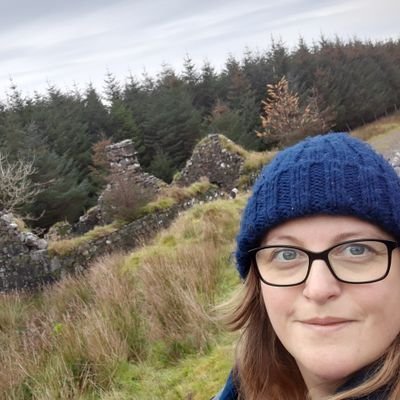Here below you can find all master courses the University Centre offers. All courses are taught in 1-3 week modules running from August through June. See how the courses are organised in the teaching schedule for both programs. Usually 2-3 courses are taught at the same time, but students may only enroll in one course at a time.
The master courses are available to you whether you plan to pursue a degree or just take a course or courses. Please review the options for guest studies to determine how you can apply.
For further information, contact the Administrative Director of Education and Teaching.
Indicators of Sustainability and Population Dynamics in Coastal Communities
- Spring 2026
- Instructor: Kirsten Gow
About the course
This course provides a critical examination of indicators used to assess sustainability, quality of life, and ecosystem health in coastal communities. In addition, students will engage with demographic fundamentals—fertility, mortality, and migration—and explore how these shape population dynamics and community resilience. Using both historical and contemporary examples, the course investigates migration patterns and demographic trends, particularly their impact on local economies and social well-being. A central focus of the course is on developing and evaluating indicators. Students will critically assess the strengths and limitations of commonly used socioeconomic measures, analyzing why some indicators may not fully capture the nuances of local quality of life or ecosystem health. Through hands-on activities, students will create their own (holistic) indicators that incorporate environmental, social, and economic dimensions. They will explore how indicators influence planning, policy, and development but also discuss the risks of relying too heavily on numerical data without understanding its limitations. By the end of the course, students will have the tools to assess, adapt, and propose indicators that provide a more comprehensive, nuanced, and actionable understanding of sustainability and resilience in coastal regions to support both well-informed decision-making and responsible community development.
Instructor
Kirsten is an islands-based researcher specialising in island and rural settings. Her PhD examining diaspora and return migration in Scotland's islands is built on a career which involved supporting grassroots community projects across rural and island areas in Scotland. She has previously acted as a dissertation advisor on the Coastal Communities and Regional Development programme.
Throughout both her academic and non-academic career Kirsten has worked with communities and governments at all levels to create, design, and evaluate policy. Within her PhD this included developing Gow's Typology of Scotland's Islands into the official Scottish Government Scottish Islands Typology to help policy makers and others better understand the island context and the potential impacts of their work. More widely, Kirsten has played an active role in co-ordinating local responses to regional and national policy proposals; worked with organisations such as Rural Housing Scotland and the Scottish Islands Federation to advocate for island and rural communities; provided evidence to government on rural and island policy; and been a member of the policy committee of the European Small Islands Federation. Kirsten is co-convenor of the New Voices in Island Studies network.
